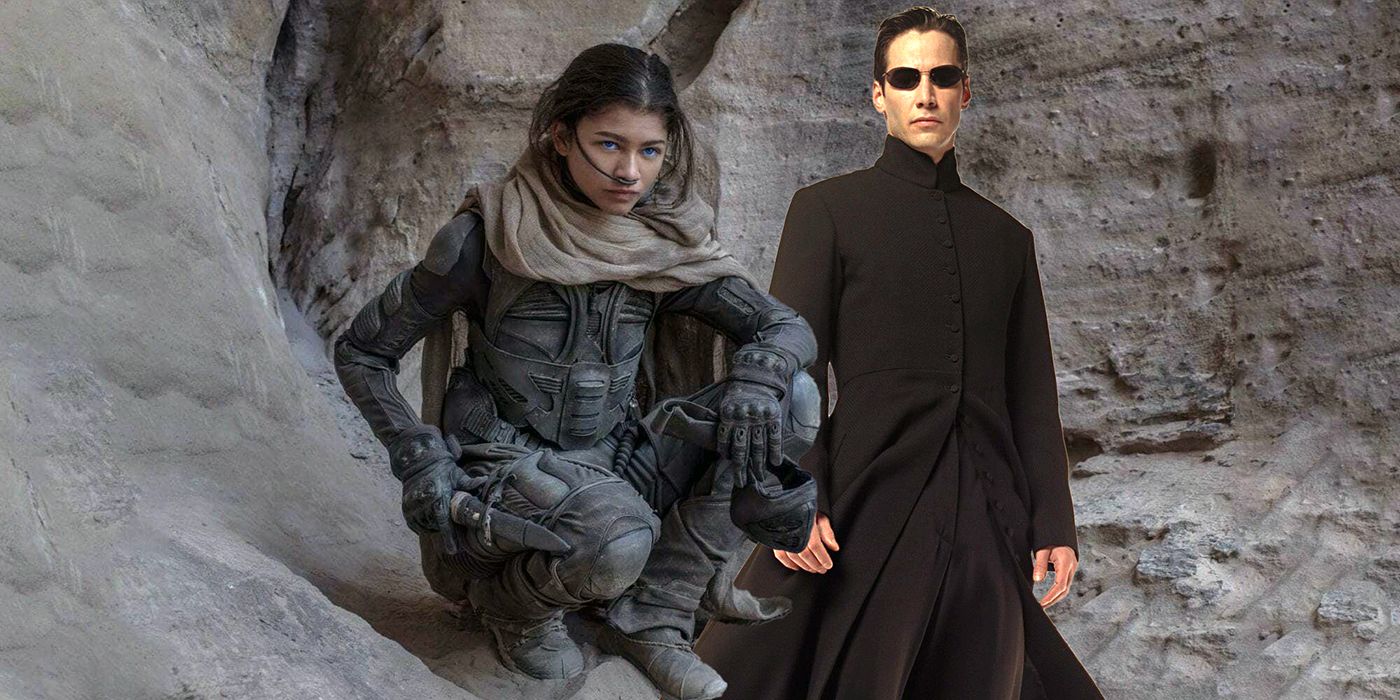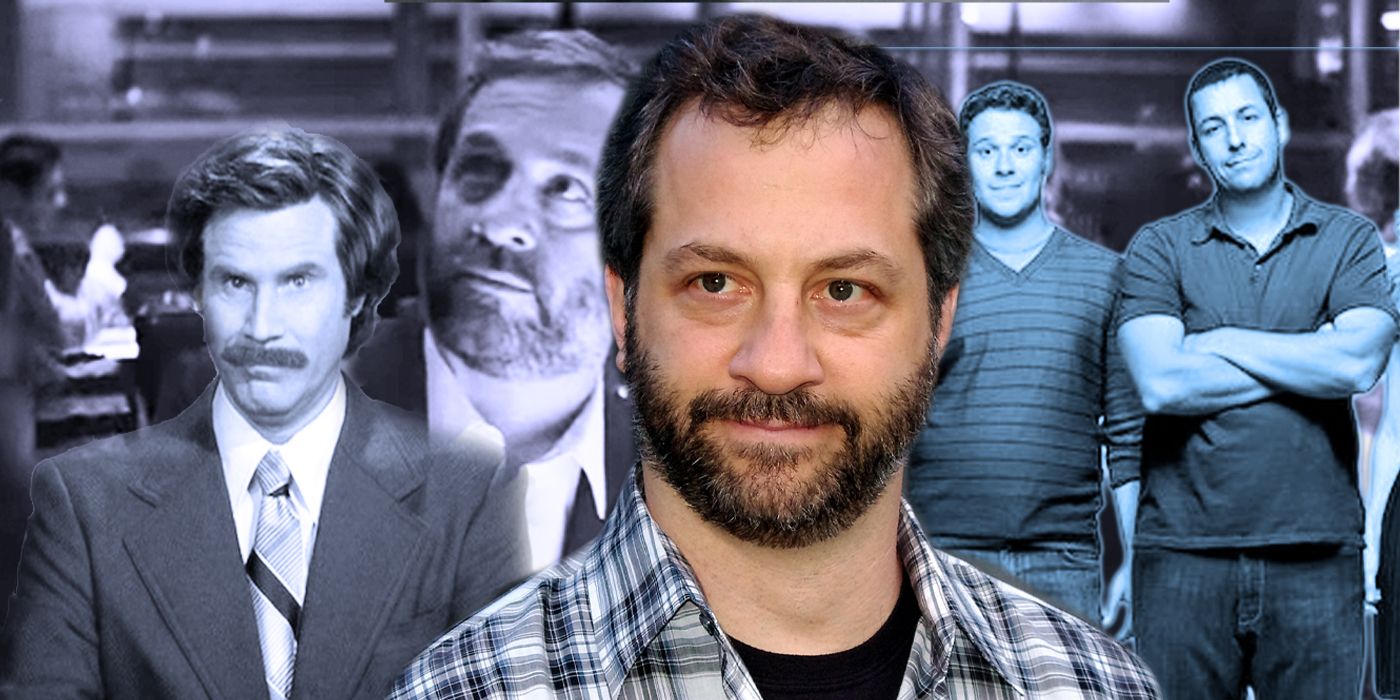Judd Apatow slammed Warner Bros. for the decision to put all 17 of its 2021 movies on HBO Max and in theaters the same day. The move was announced earlier this month and will include films like Dune, The Matrix 4, and The Suicide Squad. All of the films will remain on the platform for a month for U.S. subscribers. The decision followed Warner Bros.' move to have Wonder Woman 1984 retain its Christmas Day release date. Warner Bros. has been widely criticized for the decision, but there's a deeper controversy brewing.
Many have decried the move as potentially devastating to an industry already in shambles after a disastrous 2020. Christopher Nolan in particular, whose films call Warner Bros. home, had some harsh words for the studio, who cited the box office failure of Tenet as one of their primary reasons for making the decision. Mounting backlash has led to some entities vowing to challenge the move. The Director's Guild of America has requested a meeting with studio heads. More and more people have joined in speaking out against the decision, now including Apatow.
The director, whose film The King of Staten Island was one of the first major movies to go straight to VOD during the pandemic, recently spoke about the streaming deal during Variety’s upcoming Virtual FYC Fest. Apatow said it showed a "stunning" amount of disrespect to the creators who work for Warner Bros. He also cited his thankfulness for Universal, the studio behind The King of Staten Island, and the respectful conversation he had with them about moving his film to VOD as an example of how the talks should have played out:
It’s somewhat shocking that a studio for their entire slate could call what appears to be nobody. It’s the type of disrespect that you hear about in the history of show business. But to do that to just every single person that you work with is really somewhat stunning.
It creates a financial nightmare, because most people are paid residuals — they’re paid back-end points. What they get out of it for years and years of hard work is usually based on the success of their films. And so now what does it mean to have a movie go straight to streaming? How do they decide what to pay you? Do you even have a contract that allows you to negotiate, or is it really just up to them at this point? It raises thousands of questions, which I’m sure are very complicated.
Apatow is voicing concerns that many, including theater chains like AMC, have echoed over the last week and a half since the announcement was made. Nolan's response ignited backlash against the director for seemingly ignoring the reality of the pandemic. While Warner Bros.' decision is certain to affect the industry in the short term, there's no way of telling how it will play out in the long term. Those who have voiced their concerns think the move will have disastrous effects for years to come, but some ramifications were already in motion because of the pandemic.
While the move could have been handled with more finesse, it's hard to say what the right decision was in this situation. Many see it as a transparent attempt by Warner Bros. to boost subscribers for the fledgling streaming service HBO Max, but the implications are wider than that, even if those criticisms may be accurate to some degree. Sitting on major films like the ones Warner Bros. has on their slate accrues huge costs for studios. Even with a vaccine on the way, no one can say for sure when theaters will be able to host sizable crowds again, making theatrical releases a gamble deep into 2021. While Apatow and his fellow Hollywood creators are right in their critiques, Warner Bros. was in a lose-lose situation.
Source: Variety


